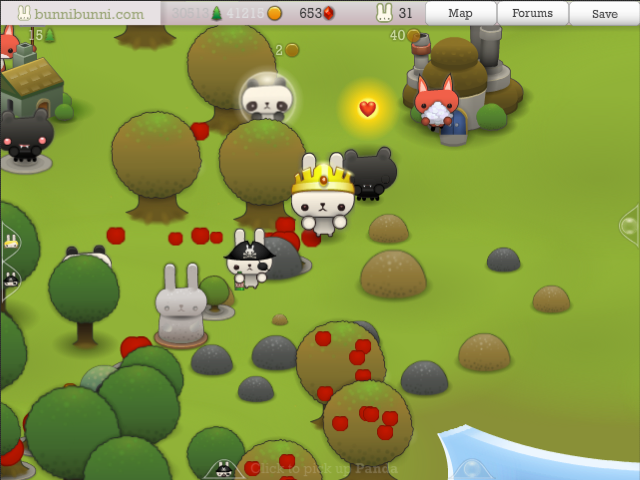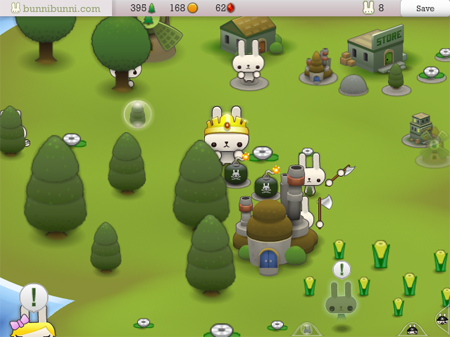

In France and Sweden too, investigations are under way. Having taken in the largest overall number of refugees since 2015, Germany, Europe’s biggest economy, has been particularly active in pursuing cases against potential suspects.
#Bunni how we first met not working trial
The trial against a second defendant is ongoing.Ī former colonel, Anwar Raslan, faces life in prison over the deaths of 58 people in the Al-Khatib jail. It was the first court case worldwide over state-sponsored torture by Assad’s government. Two cousins of an alleged victim, who like the doctor are refugees in Europe, picked the suspect out on a photograph, according to an activist lawyer.Īt the Koblenz court, where Mukdad testified, the first verdict has been handed down against Eyad al-Gharib, who was found guilty of complicity in crimes against humanity. German authorities have arrested and charged a Syrian doctor accused of having tortured wounded people in a military hospital in the city of Homs. The estimate is impossible to verify but among them is the former brigadier-general of Raqa, Khaled al-Halabi, who according to Austrian media has been granted asylum in Vienna. Syrian activists believe that around a thousand such suspects have slipped into the continent.

Using social media, they are forming networks to track down regime officers, who they say shed their uniforms to blend in among the tide of refugees arriving in Europe. Many arrived in Europe in the huge influx of asylum seekers fleeing war in Syria and Iraq in 2015, with Germany having taken in more than one million people since then.Ĭases have been filed in Germany, Austria, Sweden and Norway against officials in Assad’s regime by around 100 refugees, backed by Berlin NGO, the European Center for Constitutional and Human Rights (ECCHR).Īcross Europe, activists are joining forces with police and UN investigators in collecting testimonies, sifting through tens of thousands of photos, videos and files of one of the best documented conflicts in history.

Mukdad is among the Syrian exiles who have turned to European courts to ensure that state-sponsored crimes in Syria do not go unpunished. “I finally had the feeling that my story counted, that the sufferings were not for nothing,” said the musician, who plays the oud, a lute-like instrument. It was only on that August day that he finally threw off his shackles, he said. Lashes also flew, lacerating the soles of his feet - targeted in particular for the excruciating pain every time he later tried to stand up or walk. Mukdad, now 36, who was looking for a protest to join when he was picked up by police, was among those dragged to Al-Khatib prison in the Syrian capital on September 30, 2011.Īlmost 10 years on, standing before the German court he described being blindfolded and interrogated three times in the prison as if it had all happened yesterday.

They were struck down however by a wave of brutal repression. On that day, August 19, 2020, the refugee took the witness stand in a Koblenz courtroom to recount the ordeal he suffered in a Syrian detention centre.Īt that time, buoyed by the Arab Spring uprisings sweeping the Middle East, a sea of fists in the air rallied protesters calling for Syrian President Bashar al-Assad to go. Wassim Mukdad has carried a deep darkness inside of him since his native Syria slipped into an abyss of conflict and terror.īut on a summer’s day in western Germany in an ancient city 3,000 kilometres (1,900 miles) away from Damascus, he finally glimpsed a “ray of light”.


 0 kommentar(er)
0 kommentar(er)
